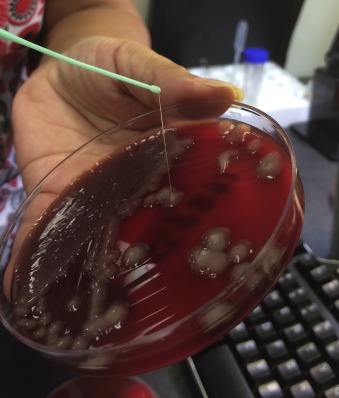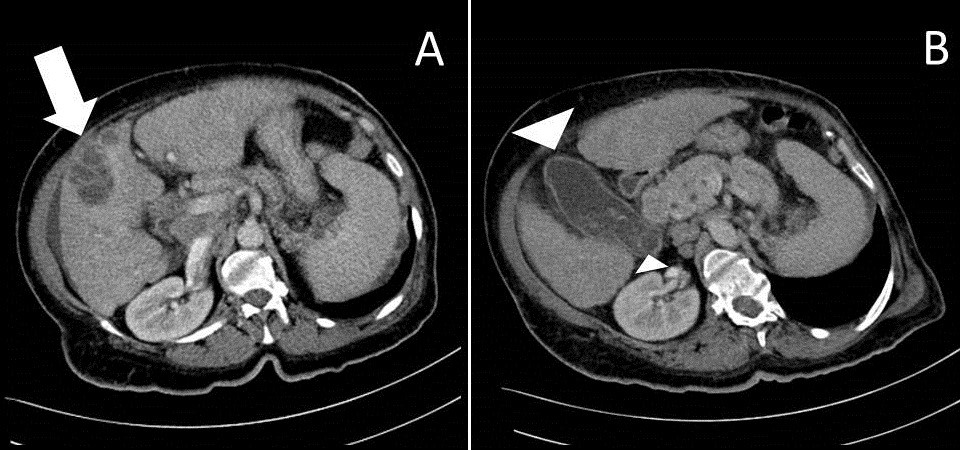Hypervirulent Klebsiella pneumoniae, an old enemy is emerging worldwide
14/05/2024
hvKp strains have a strong capacity to cause invasive disease. K. pneumoniae cause typically a liver abscess syndrome and metastatic progression, such as endophthalmitis or CNS complications. However, any capsular serotype may cause invasive infections if they carry virulence factors.
hvKp infections are highly associated with diabetes mellitus, catheters or previous digestive disease, among others. Control focus is mandatory in abscesses and it may prevent fatal consequences (including dissemination). Most hypervirulent strains have had a phenotype sensitive to all antibiotics so far, but there is an increasing incidence of hypervirulent strains with multi-resistant phenotypes.
Pharmaceuticals are developing complementary therapeutic strategies different from antimicrobial therapy. Monoclonal antibodies, vaccines or bacteriophages are good examples. The efficacy of potential vaccines, which would significantly reduce intestinal colonisation and bacterial load, has also been studied. On the other hand, bacteriophages are viruses that recognise the bacterial cell surface with high specificity, inject their DNA or RNA, and multiply inside the bacterium, eventually rupturing the cell and releasing their progeny, which will infect new bacterial cells.

Physicians could used a combination of phage therapy and antibiotics for the treatment of multi-resistant or hypervirulent strains in a near future. The incidence of hvKp strains is increasing and represents a serious threat to global health. It is imperative that preventive, diagnostic and therapeutic strategies are implemented to avoid the spread of the virulence plasmid in the cKp population, as it could have devastating consequences.